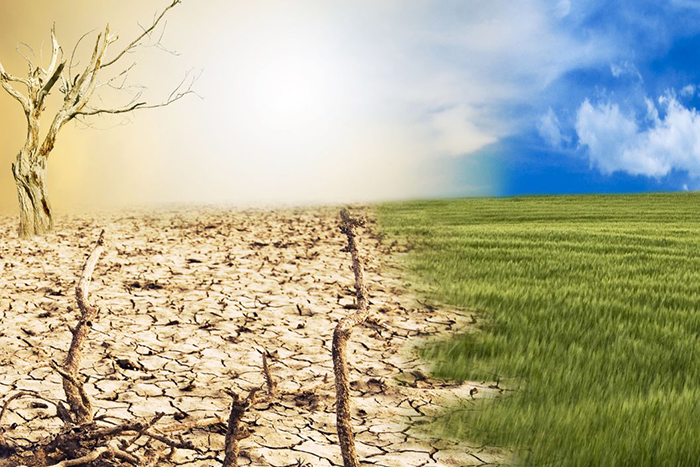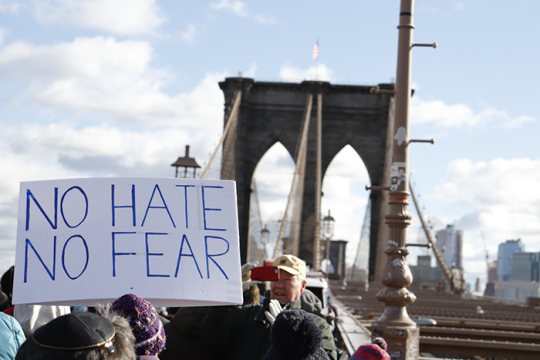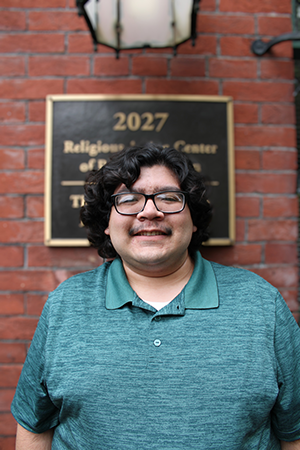Personal Reflections on Environmental & Climate Change Advocacy

When we think about climate change, we often get lost in the global context and forget about local impacts. Climate change is a complex, unfamiliar, slow-moving, and intergenerational problem that covers a broad range of policies, topics, and headlines. We read headlines about melting glaciers, rising sea levels, global warming, and growing pollution. These types of things feel far away and out of our view, However, their consequence has been devastating: a slow-moving phenomenon that has manifested in recent years as record-hitting heat waves; wildfires; and stronger, more frequent storms. While it is important to be aware of the consequences of climate change at a global level, I want to take a moment to reflect on the national, communal, and local impacts of climate change.
At the national, and in many cases, state/provincial level, climate change and environmental degradation has impacted our communities with rising infrastructure costs. The National Oceanic and Atmospheric Administration (NOAA) reported 23 extreme weather events in the United States, which cost $1 billion through August 2023. In the first 10 months of 2023, climate disasters culminated in a cost of more than $57.6 billion and tragically claimed 253 lives. From the violent, tragic wildfires in Hawaii, to intense storms sweeping throughout the Midwest, to flooding in our coastal cities, climate change has amplified extreme weather events. As they become more frequent, we must reflect on how we build our infrastructure and homes. We must consider how we can make our communities, especially vulnerable communities, more resilient and more responsive to weather emergencies while taking bold preventive actions.
As a California native, I am aware of the threat of wildfires each summer. In fact, I recall a time in elementary school when we went out to recess and saw the sky illuminated red and orange from distant wildfires. The wildfire wasn’t close to my city, but we still felt, breathed, and saw its effects. Similarly, the Canadian wildfires in 2023 affected communities in Canada and across the United States. Approximately 70 million people experienced poor air quality and decreased visibility. While the threat of wildfires is always present in western states, I also think about the threat of extreme weather events across the United States. In 2023, North American communities experienced Hurricane Idalia, mid-July Northeast flooding, and Minnesota hailstorms. Extreme or severe weather events are a normal part of nature; however, the amplifying effects of climate change become more prominent each year.
When I was still in university, I had the opportunity to be a research assistant to a professor researching climate policy across different countries, analyzing not only national policies but also the policies of states, provinces, counties, cities, and towns. Through this research, I gained a local perspective on a global issue. This perspective continues to influence my work as a legislative assistant working on environmental and climate advocacy. I reflect on how local pollution can have negative health effects on vulnerable neighbors such as the elderly, children, and those with respiratory conditions. I think about family and community members who live in areas prone to flooding, wildfires, and storms and what can be done to ensure their safety in an emergency.
Our communities benefit substantially from improving our resiliency against extreme weather events. Similarly, we benefit from greening initiatives that put more trees and green areas in public spaces such as parks and community centers for a more beautiful and cleaner community. Expanding energy-efficient policies that bring less polluting clean energy to our cities and towns would go a long way to reducing air pollution and its accompanying costs.
Even though I personally engage with this issue and aspire to make a difference, I must admit that the enormity of the problem can be overwhelming. However, I’ve found inspiration and hope from Jewish tradition and theology. The Jewish tradition teaches us that we were created and encourages us to imitate God's care and benevolence. It is for this reason that while we “fill the earth and master it” (Genesis 1:28), we must also “till it and tend it” (Genesis 2:15) – we are the stewards of our world at the heart of the Torah’s vision for creation.
As we pursue our mission of , we hold the potential to bring positive change to our communities. The Reform Movement’s Power for Purpose Campaign for climate justice calls for us to unite and amplify our voices. Every action we do is a drop in a bucket, but if enough of us come together, we will fill the bucket together.
Related Posts

Five Definitions of Antisemitism

The Importance of Black Maternal Health


